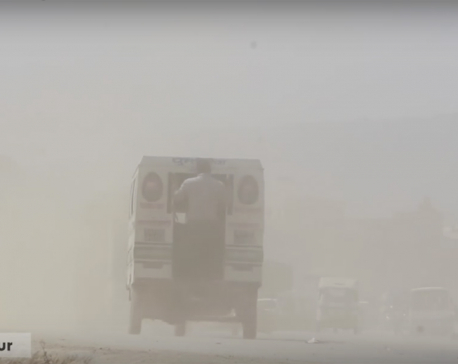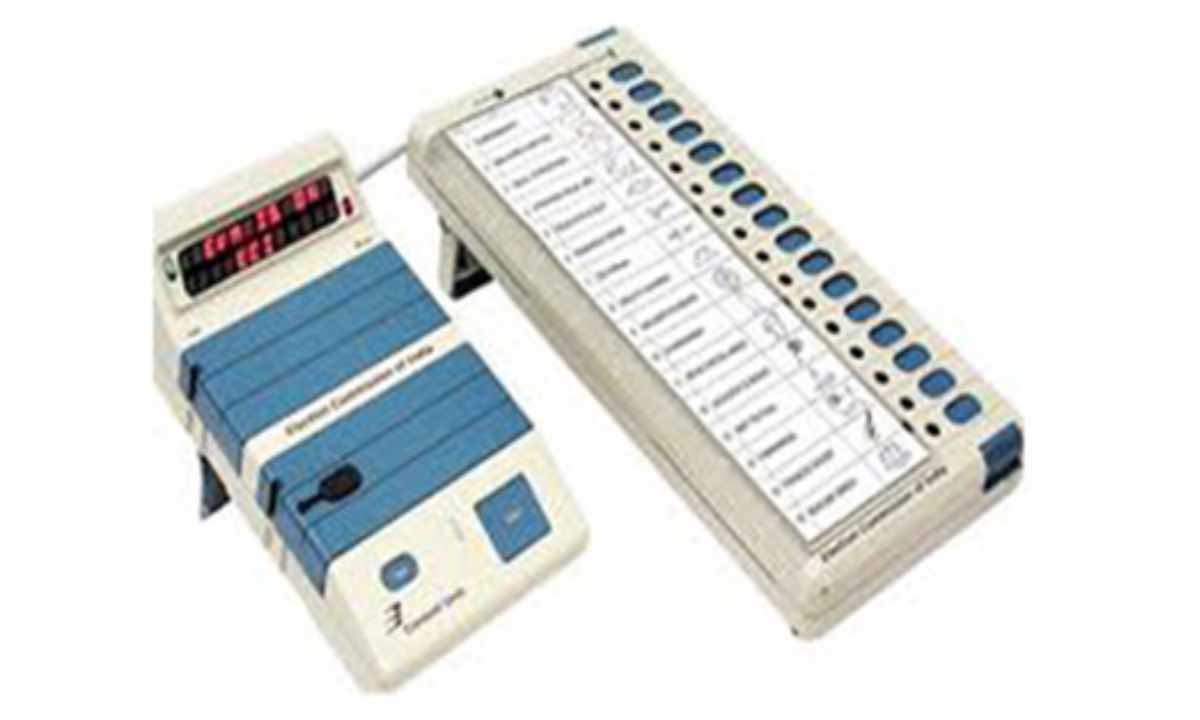
OR
Cold wave deaths in Tarai
As mercury is dipping this winter, reports of people succumbing to cold wave have started to make headlines, once again like in the past years. At least 13 people (and counting) have lost their lives to deadly cold in the districts of southern plains—nine in Saptari district and three in Rautahat.
Victims are mostly women, children, elderly and wage earners coming from the poor and disadvantaged communities. Cold has crippled the daily lives. Markets and roads are enveloped with fogs, schools remain closed and the number of people suffering from common cold, pneumonia and fever is increasing. The situation is even worse in Saptari where the residents lost their homes in the floods last monsoon. Cold wave has made life difficult for them even as they are to fully recover from the losses of last year’s flood.
This development is troubling for at least two reasons. First, a number of people have to suffer from these preventable deaths shows the lack of seriousness on the part of the government to save the poor and vulnerable population. Often our attention is drawn towards victims only when they die or when suffering level increases. And instead of seeking lasting solution, we tend to go for piecemeal ones—distributing some warm blankets to the victims or Nepal Army or Nepal Police lighting bonfires in the major intersections so forth and so on.
Of course, doing something is obviously better than doing nothing but this does not solve the problem in the long run. Second, it shows that service delivery agencies do not work effectively during the times of need.
That people have to die because of cold is itself the indication of how least prepared our state is when it comes to responding to natural adversities. Political class has no liberty to express helplessness. We now have local elected bodies in place. Of course, they lack infrastructures and logistical support.
Many of the local bodies are still operating from small buildings but these elected representatives could at least pressure the government to do something for the poor. It is frustrating that elected representatives have failed to perform even little to change the situation on the ground.
Tarai region has been battling with this problem for decades. Sadly, the problem draws our attention only when people start dying. Winter is harsh in Tarai. Even the relatively rich people find it difficult to cope with the situation.
We can imagine the situation of the poor who have no clothes to keep them warm and who have to spend the night under the thatched huts. When the state fails to provide the poor and vulnerable comfort during such difficult times, it only breeds discontent among the people.
This is why the government must deliver at least the basic relief materials at the earliest. Perhaps they need to be shifted from their current locations to warmer places. But in the long run, we need to come up with the effective programs for reducing poverty in the Tarai region, for poverty is intrinsically related with cold wave deaths.
You May Like This

More than 90% of air pollution deaths occur in poorer countries
Air pollution is involved in the deaths of around seven million people every year, with the vast majority of fatalities taking place... Read More...

10 biggest corporations make more money than most countries in the world combined
LONDON, Sept 13: Corporations have increased their wealth as compared to countries according to new figures released by Global Justice Now.... Read More...

Women need mindfulness even more than men do
One study did support the claim that women are better than men at multitasking, finding that women’s responses when performing... Read More...




Just In
- Navigating the Digital Diplomacy Divide: Balancing Tradition and Technology in Global Relations
- Youth attempts suicide amid police torture over Facebook comments against home minister
- Time to declare EVMs’ end
- World Malaria Day: Foreign returnees more susceptible to the vector-borne disease
- MoEST seeks EC’s help in identifying teachers linked to political parties
- 70 community and national forests affected by fire in Parbat till Wednesday
- NEPSE loses 3.24 points, while daily turnover inclines to Rs 2.36 billion
- Pak Embassy awards scholarships to 180 Nepali students














Leave A Comment